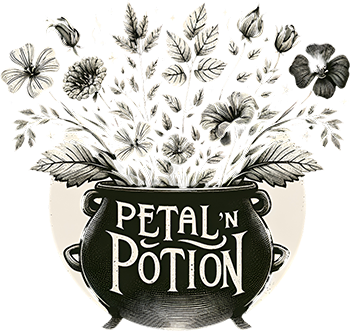F e n n e l
Fennel (Foeniculum vulgare) is a flowering plant species in the carrot family.
It is native to the Mediterranean region but is widely cultivated worldwide.
Both its bulb and seeds are used for culinary and medicinal purposes, valued for their distinct flavor and numerous health benefits.
Benefits
- Digestive Health: Eases digestive issues such as bloating, gas, indigestion, and constipation.
- Anti-Inflammatory: Reduces inflammation, benefiting conditions like arthritis and other inflammatory diseases.
- Antioxidant Properties: Provides antioxidants that protect cells from oxidative stress and damage.
- Hormonal Balance: Supports hormonal balance and alleviates symptoms of menopause and menstrual discomfort.
- Antimicrobial Properties: Exhibits antibacterial, antifungal, and antiviral effects that help prevent infections.
- Respiratory Health: Helps alleviate symptoms of respiratory conditions such as coughs, colds, and bronchitis.
- Appetite Suppressant: May help reduce appetite and support weight management.
- Bone Health: Rich in calcium and other nutrients that support bone health.
- Heart Health: Supports cardiovascular health by reducing blood pressure and cholesterol levels.
Active Compounds
- Anethole: The primary active compound responsible for fennel’s distinctive flavor and many of its health benefits, including anti-inflammatory and antimicrobial properties.
- Flavonoids: Provide antioxidant protection and support overall health.
- Phenolic Compounds: Offer additional antioxidant and anti-inflammatory benefits.
- Volatile Oils: Contribute to the plant’s therapeutic effects on digestion and respiratory health.
- Vitamins and Minerals: Contains vitamins C, A, and K, and minerals like potassium, calcium, and iron.
Who Should Avoid This
- Individuals with Allergies: Those allergic to fennel or related plants in the carrot family should avoid it.
- Pregnant and Nursing Women: Due to limited safety data, it is advisable to consult a healthcare provider before use.
- Individuals with Hormone-Sensitive Conditions: Such as breast cancer, uterine cancer, ovarian cancer, endometriosis, or uterine fibroids should use caution due to fennel’s estrogen-like effects.
- Individuals on Medication: Particularly those taking blood thinners or hormone therapies should consult a healthcare provider to avoid interactions.
Warnings
While fennel offers numerous health benefits, some precautions and potential side effects should be considered:
- Allergic Reactions: Can cause allergic reactions in some individuals, particularly those sensitive to plants in the carrot family.
- Pregnancy and Breastfeeding: Consult a healthcare provider before use, as high doses may not be safe.
- Endocrine Effects: Due to its estrogen-like properties, it may affect hormone-sensitive conditions.
- Interactions with Medications: May interact with certain medications, including blood thinners and hormone therapies.
Usage Guidelines
Fennel can be used both short-term and long-term, depending on the condition being treated. For acute issues such as digestive discomfort or respiratory conditions, it is typically used until symptoms improve. For ongoing benefits such as hormonal balance, bone health, or heart health, longer-term use may be appropriate but always under the guidance of a healthcare professional. Always consult with a healthcare provider to determine the correct dosage and duration for your specific needs.
